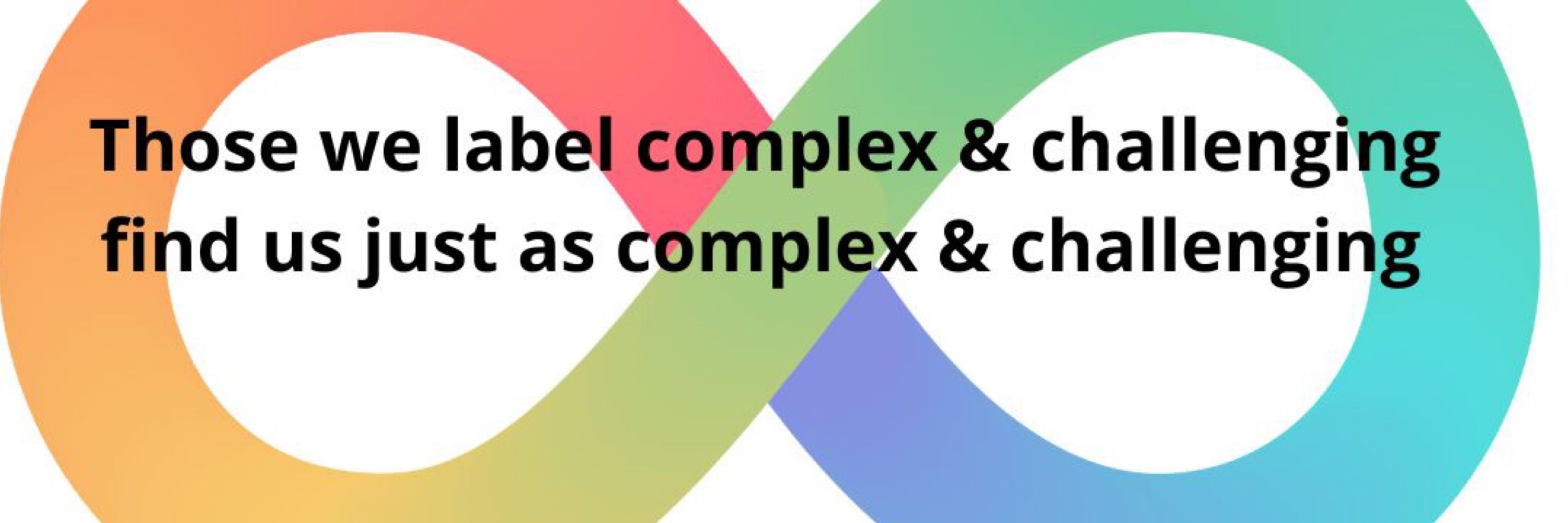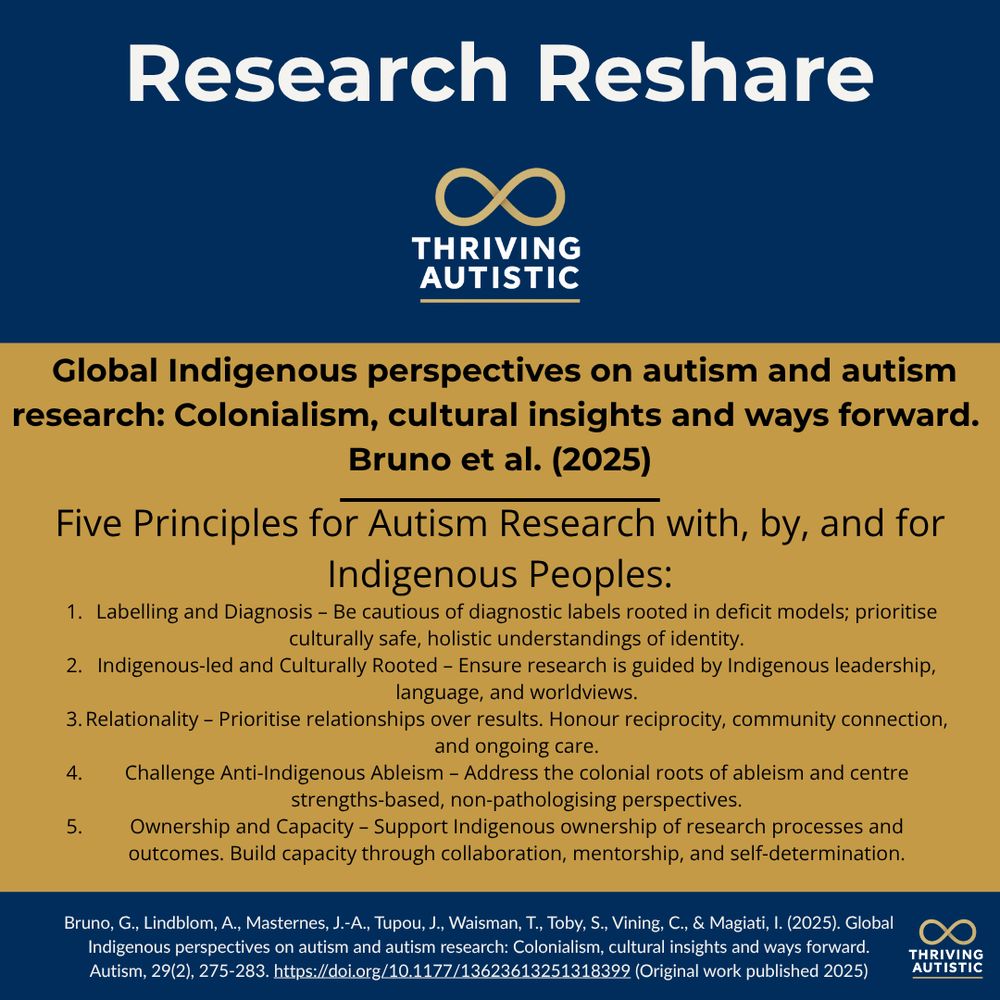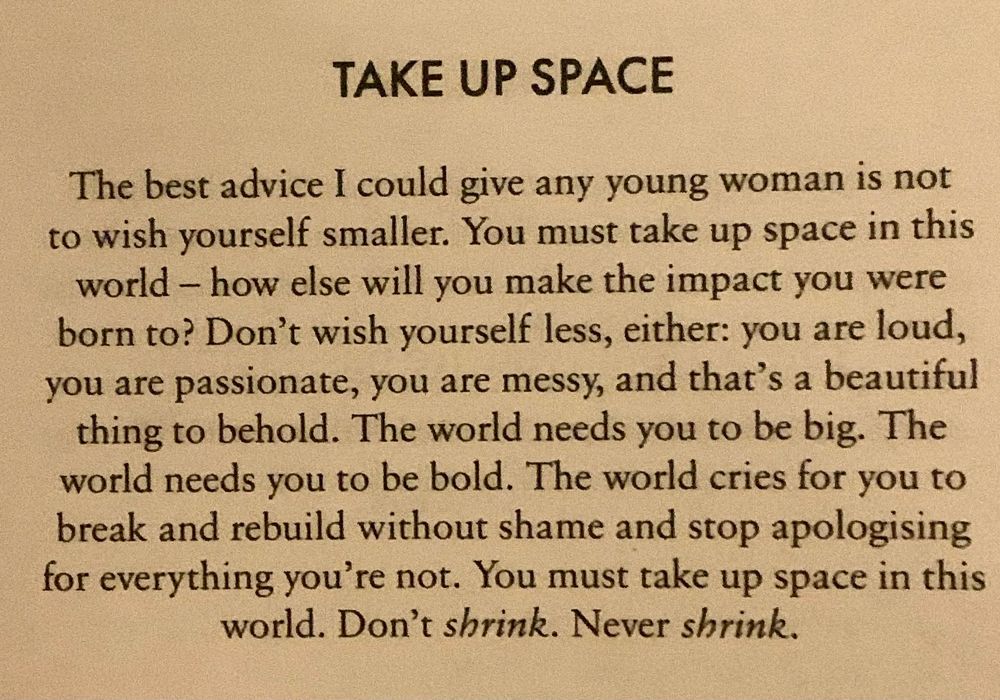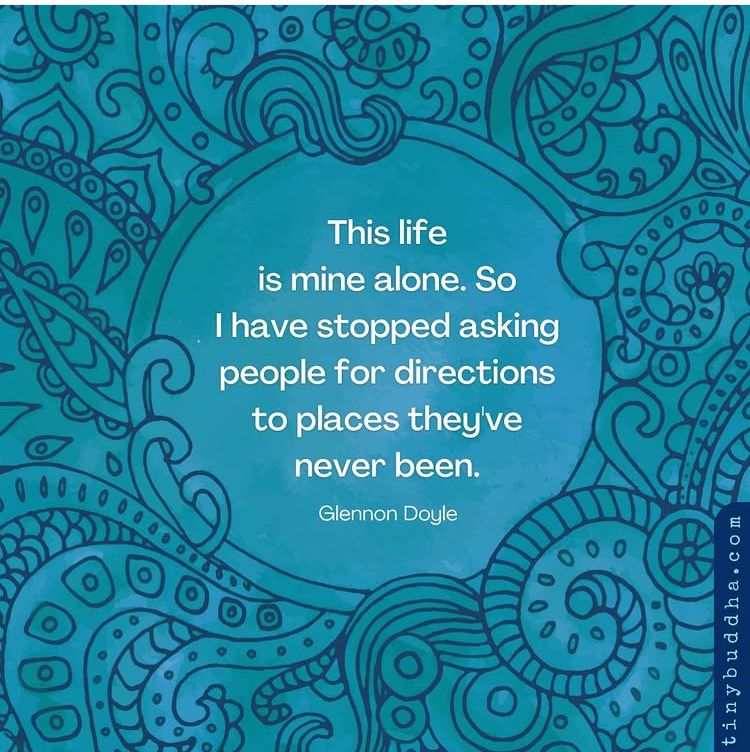Rea
@reagourlay.bsky.social
80 followers
250 following
17 posts
Mum of 3 and teacher of fabulously diverse young people , passionate about inclusion, connections and engagement.
Autistic 🌟
autisticandteaching.blog
Posts
Media
Videos
Starter Packs
Reposted by Rea
Reposted by Rea
Reposted by Rea
Reposted by Rea
Reposted by Rea
Reposted by Rea
Reposted by Rea
Reposted by Rea
Reposted by Rea
Reposted by Rea
Reposted by Rea




























